Every website has a carbon footprint and by choosing to view ours in dark mode, you can reduce the screen power and carbon emissions generated by your visit. Try it here.
In business for a better world
Our businesses operate in industries that are integral to fostering a more just and sustainable world. They support system transitions towards liveable cities, a more circular production and consumption system, cleaner energy and sustainable food, underpinned by the move towards more responsible capital.
The success of these businesses over the years demonstrates that commercial models and relationships based on trust and fairness with all stakeholders are effective at generating sustainable growth.

Responsible capital
Capital can be catalytic in helping drive positive systemic change that can be complex and costly, helping to enable a better future for people and the planet.
Systemic change is needed to transition to a more responsible capital system which balances the pursuit of profit with encouraging a more ethical, inclusive and equitable financial industry.
Capital, when deployed intentionally, can both help re-shape the financial industry and enable solutions to accelerate other systemic transitions. A values-based approach to investing means that profit is not to be sought at any cost, and that both positive and negative impacts of an investment must be considered when making capital allocation decisions.
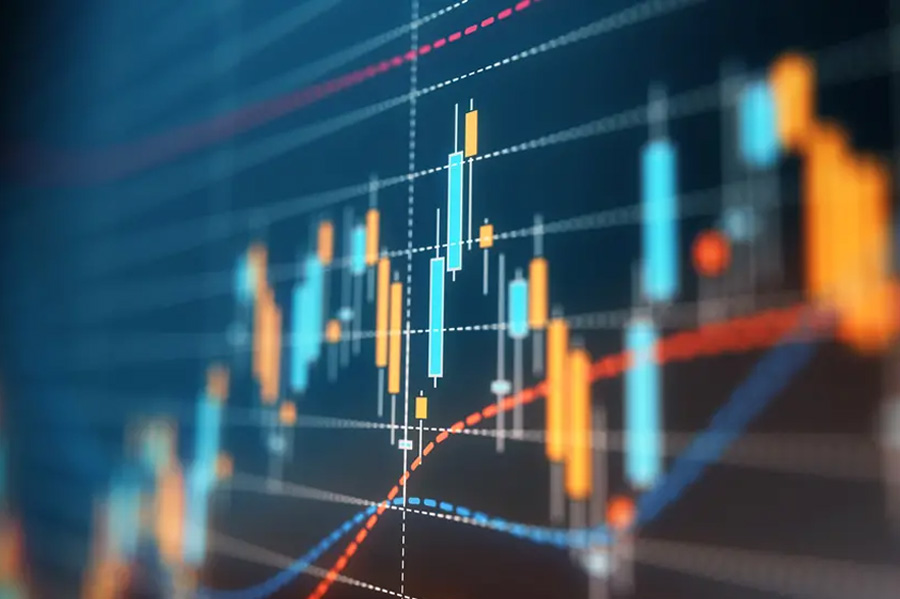
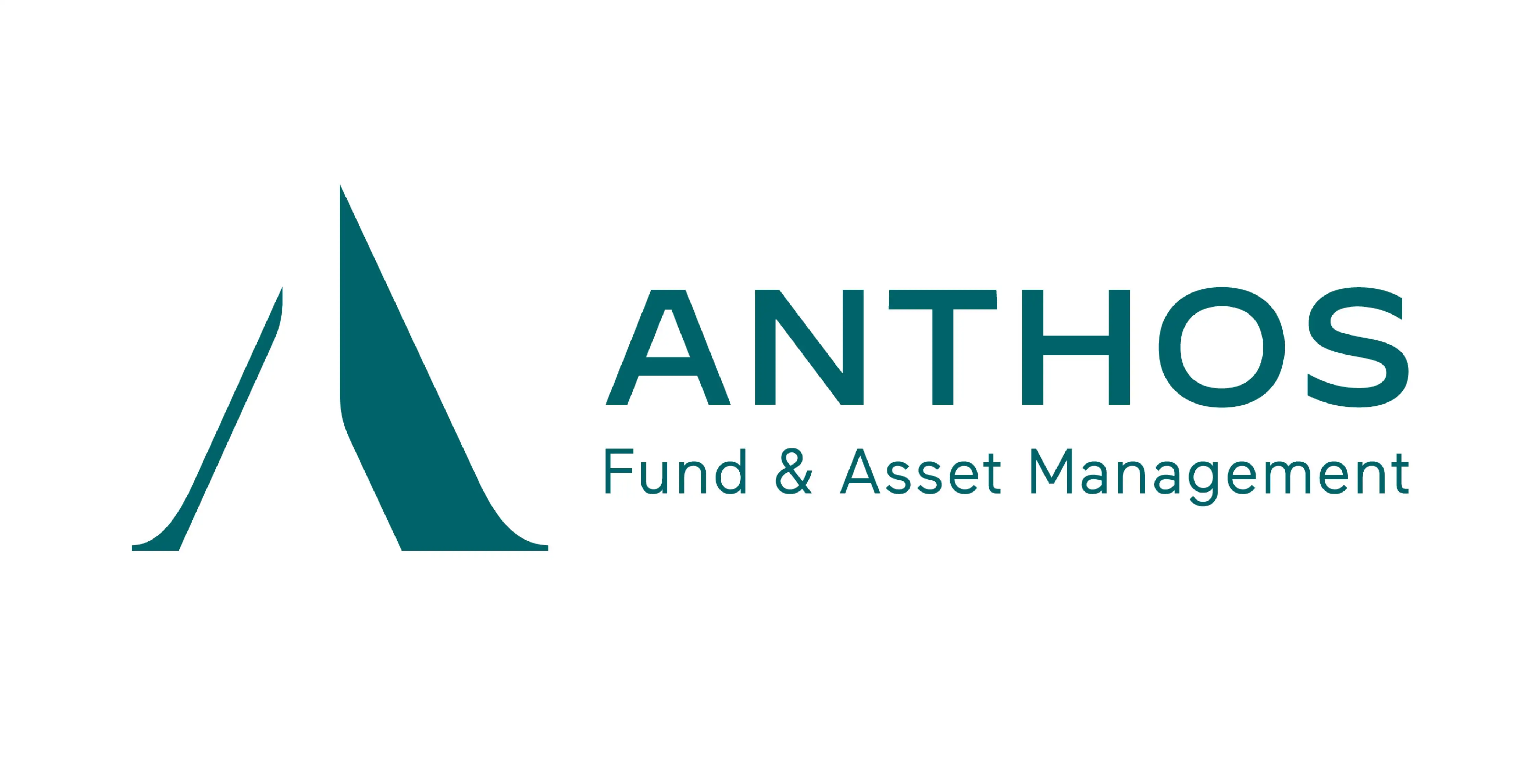
Values-based asset management
Anthos Fund & Asset Management offers comprehensive values-based asset management and investment advisory services to clients. It strives to do this by responsibly managing capital in line with the values of sustainability, human dignity and good corporate citizenship, underpinned by robust responsible and impact investment principles.
Anthos Fund & Asset Management website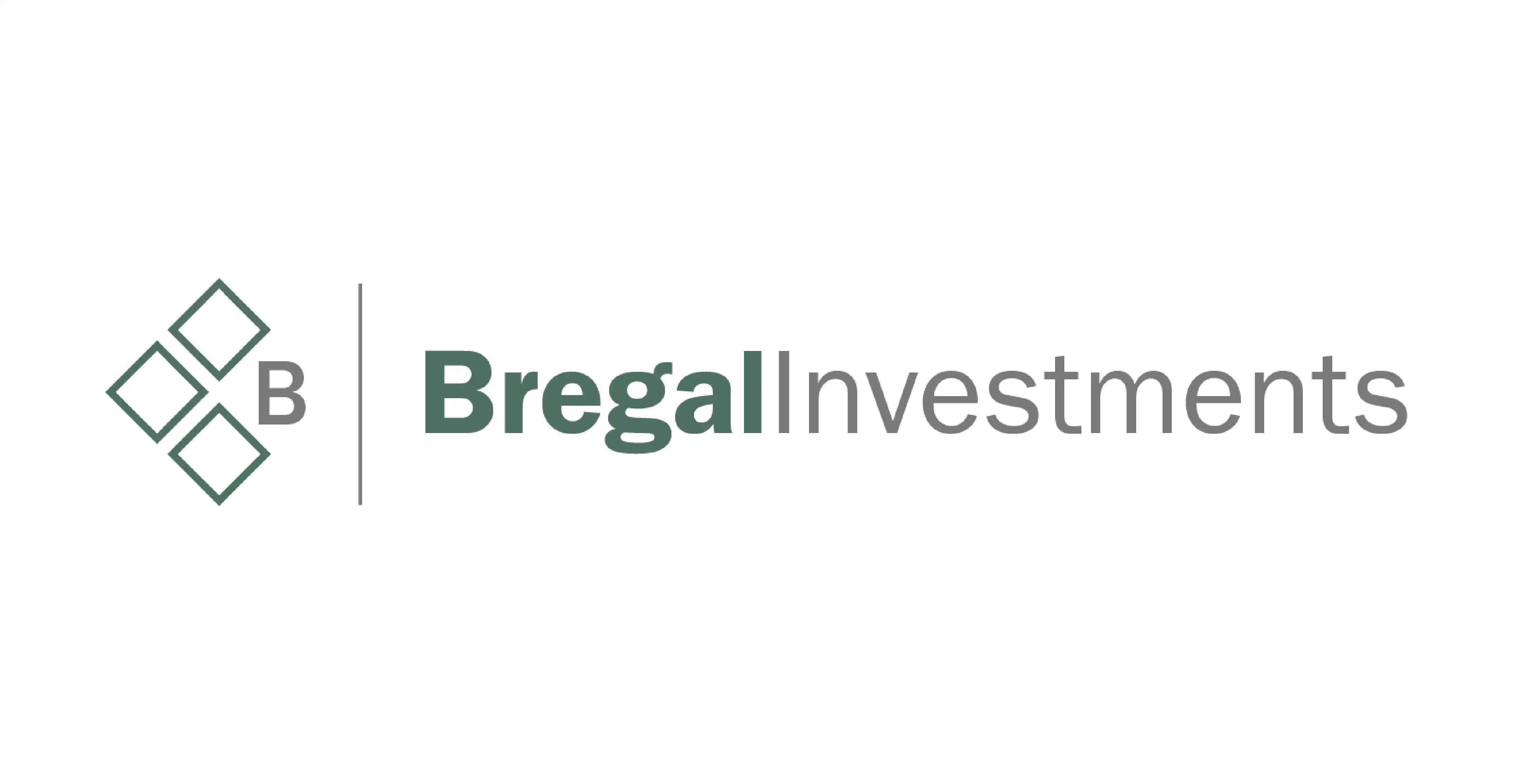
Capital with a purpose
Bregal Investments is a global, diversified private equity firm providing a platform for five direct investment teams and a fund-of-funds team across the US and Europe. Bregal seeks to invest in well-run companies with sound business models, robust business integrity and an ability to have a positive impact on local communities and society.
Bregal website
Liveable cities
To ensure our cities and communities become more sustainable and liveable for all, how we design and build urban environments will need to change.
By 2050, the UN forecasts that 70% of the world’s estimated 9.7 billion people will live in urban areas. So making cities more sustainable and liveable couldn’t be more
pressing. For a start, it means more buildings, which currently account for 40% of global carbon emissions – a figure that needs to be significantly reduced for new and existing buildings. It’s clear we need to rethink the way we plan, build and manage cities to ensure they work better for the environment and the people that live in them.
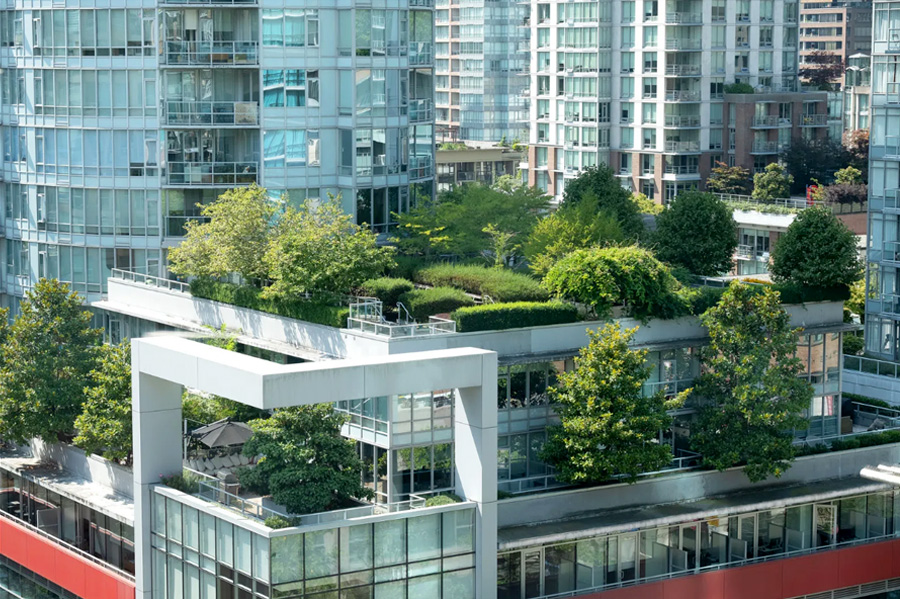

Partnering for more sustainable and liveable cities
Redevco is a European urban real estate specialist with a clear ambition to create positive impact by helping cities become more sustainable and liveable. On behalf of clients, Redevco invests in properties with a view to developing future-proof and vibrant places in dynamic urban locations where people want to live, work, shop and play.
Redevco website
Production & consumption
Clothing is increasingly designed with its next life in mind using sustainable and recycled materials, fewer and safer chemicals, renewable energy and careful water stewardship, and workers are treated with dignity and respect.
An estimated 100 billion garments are produced worldwide each year – a figure that has doubled in the past 15 years. The future involves reimagining the way fashion
is designed, made, worn and reused. More circular models of production where the whole life cycle of a garment is considered, and sustainable choices like eco-friendly recycled and repurposed materials, reduced water usage and renewable energy sources should become the norm. C&A focuses on the areas where it can have the biggest impact – its products, supply chain and the lives of people the business touches.
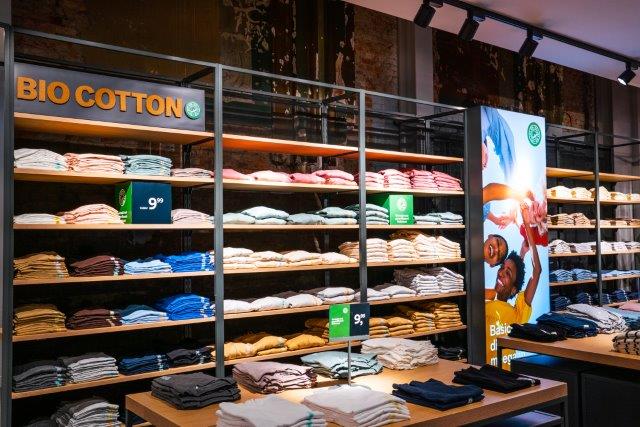

Affordable, sustainable fashion for all
C&A welcomes millions of visitors every day, offering quality, long-lasting and increasingly sustainable fashion at affordable prices. In its stores and online, C&A strives to make sustainable choices easy — without compromising the style, fit, quality, and price that customers expect from the brand.
C&A website
Clean energy
The world is transitioning to cleaner sources of energy and with more innovation, scale and speed the effects of climate change can be mitigated.
Demand for energy is expected to rise by 25% by 2040 and we still use fossil fuels to generate 80% of global energy.
Non-renewable resources are becoming increasingly scarce and expensive to extract and have a devastating impact on the environment. Collaboration across all of society is needed to make an urgent and long-term transition to cleaner energy sources like solar and wind.

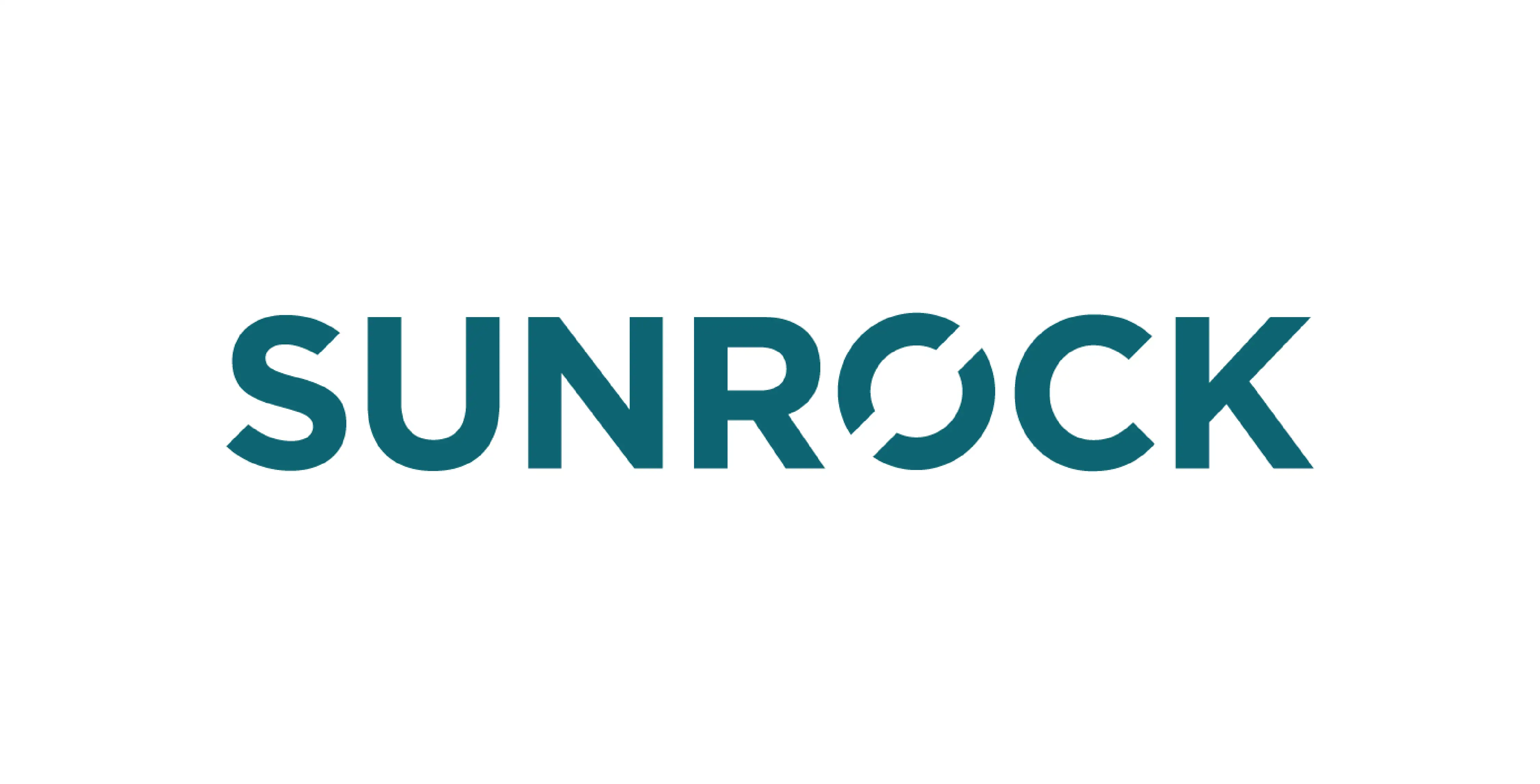
Commercial solar solutions at scale
Sunrock is driving progress toward a clean energy future for Europe. Active in Germany, France, Belgium and the Netherlands, Sunrock develops, finances and manages large-scale commercial rooftop solar projects. The company offers one-stop renewable energy solutions for clients who are typically commercial real estate developers and users in addition to public institutions.
Sunrock website
Sustainable food
With natural resources threatened by depletion and the demand for food increasing, a transition is needed to a more sustainable food production system.
The World Bank estimates global food production will need to rise 50% by 2050. However, against a backdrop of weather volatility, land degradation and growing
risks from pests and diseases, traditional open-field agriculture cannot reliably meet this demand with safe, sustainable and nutritious food. Controlled Environment Agriculture (CEA) can help us adapt the way we grow food. It uses less water, fertiliser and pesticides than open-field agriculture and typically has a higher yield.
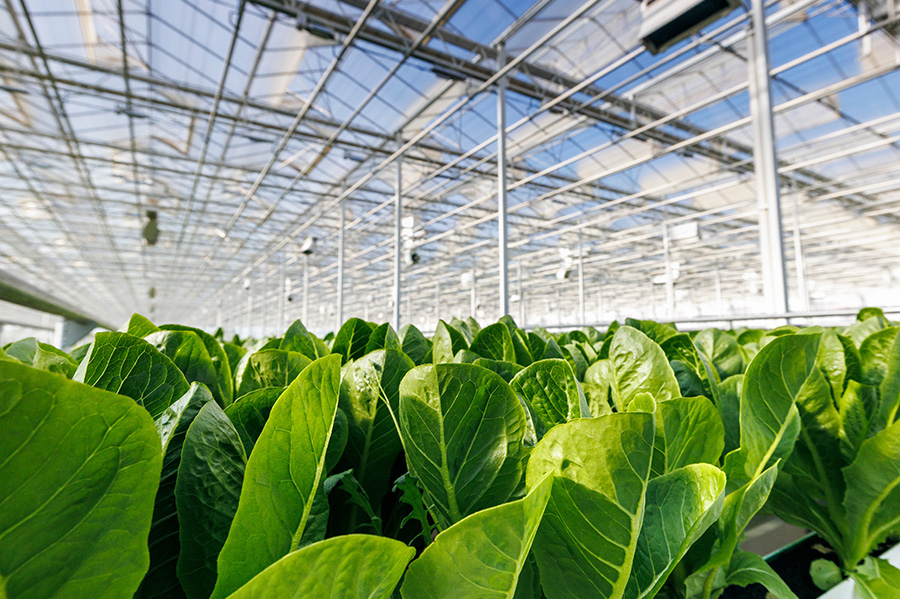
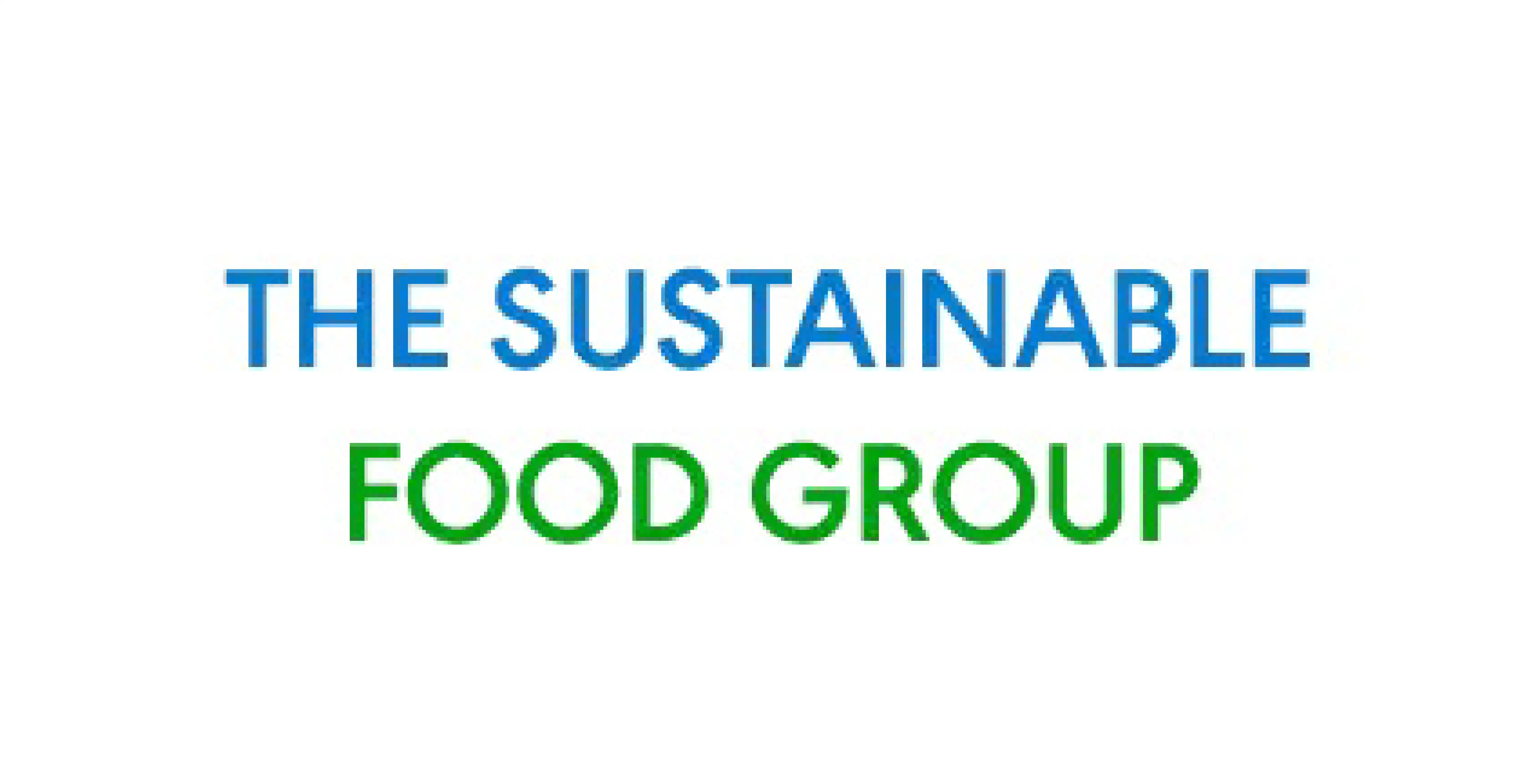
Supporting a new food system
The Sustainable Food Group is focused on encouraging the adoption of a more sustainable food production system, capable of providing nutritious and sustainably produced food for an ever-growing population. The Group includes businesses related to the Controlled Environment Agriculture sector, which typically uses less land, water, fertilisers and pesticides than traditional, open-field methods.






